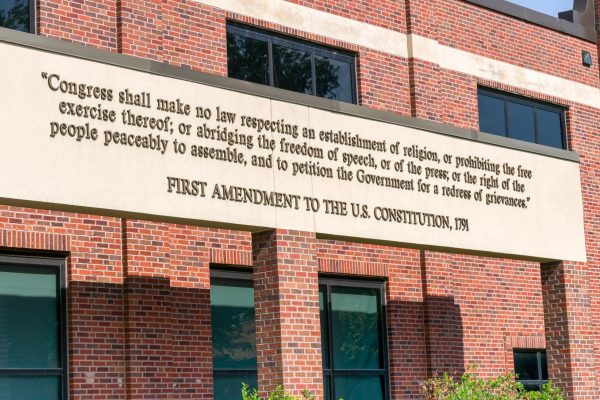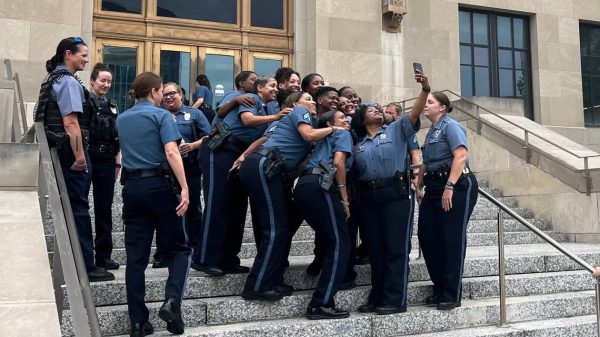Stimulus payments leaves college students in the dust
The Coronavirus Aid, Relief, and Economic Security Act was signed into law on March 27, providing direct support to Americans in the form of economic impact payments, a paycheck protection program, job preservation and government assistance during the COVID-19 pandemic.
The “economic impact payments” have sparked a great deal of discussion among Americans.
“The payments, also referred to by some as stimulus payments, are automatic for most taxpayers,” according to the IRS, on its coronavirus webpage. “No further action is needed by taxpayers who filed tax returns in 2018 and 2019 and most seniors and retirees.”
According to the CARES Act, individuals with an adjusted gross income up to $75,000 can receive up to $1,200, and married couples filing a joint return with adjusted gross income up to $150,000 can receive up to $2,400. Parents can receive up to $500 for each child that qualifies for a child tax credit, which requires that the child is under the age of 17, according to Publication 501 from the IRS.
Because dependents will not receive their own stimulus checks according to the CARES Act, this presents a unique problem for young adults who have aged out of the child tax credit but are still claimed as dependents, which includes many college students under the age of 24.
Many people have responded with frustration to this gap. While it may be true that a young adult who is not providing more than half of their own support probably isn’t the group most in need of $1,200 right now, why should the person or people who are providing the other half not receive at least the additional $500 to help them continue to support their child?
In addition to college students, what about the parents fully supporting 17- and 18-year-old high school seniors that are receiving nothing for their child?
What about the 18 to-24-year-old high school graduates that have moved away from home, maintain an essential job during a pandemic, and attend college full time that will receive nothing because their parents still claim them as a dependent?
Fortunately, there is a section of the CARES Act that will provide about $14 billion in aid to higher education institutions, according to an announcement from U.S. Secretary of Education, Betsy DeVos.
According to DeVos, the largest portion of these funds is made up of $12.56 billion that has been allocated to institutions based on student enrollment, and each institution must reserve at least 50 percent of their funding to “provide students with emergency financial aid grants to help cover expenses related to the disruption of campus operations due to coronavirus.”
This means that students will be receiving emergency grants, but the decisions of how to distribute these grants is left up to each institution. This is still problematic, then, if institutions determine need based on family income reported on the FAFSA, because estimated family contribution is based on an entire family’s income for dependents.
For example, let’s say a 20-year-old college student lives on their own and works to pay their basic living expenses like rent, utilities, and food. They rely on their parents for everything else. Their parents are out of a job and haven’t received their unemployment checks yet, and when they receive their stimulus check, there isn’t enough to send anything to send to their college-aged child.
These students can hope that they receive an adequate amount of funding from their school, but if they attend a small school like Park University, who is to say how much they will even receive? Additionally, the lack of a timeline in the CARES Act for higher education institutions to follow means that some students will have to wait longer than others, and many students simply can’t afford to wait any longer.
The U.S. Department of Education should firstly prioritize students by imposing a stricter timeline on the dispersal of funds. Then, they should focus on providing additional aid to parents whose children are over the age of 17.
Your donation will support the student journalists of Park University. Your contribution will allow us to cover our annual website hosting costs, freeing up other funds for equipment, printing and training.







